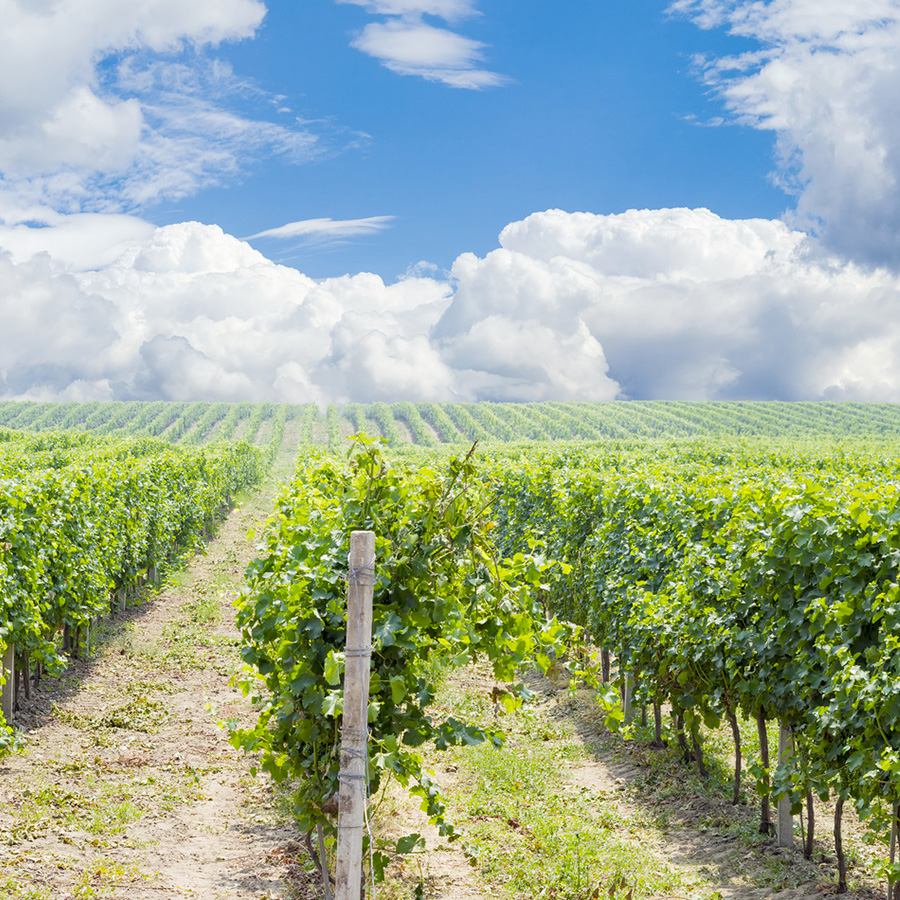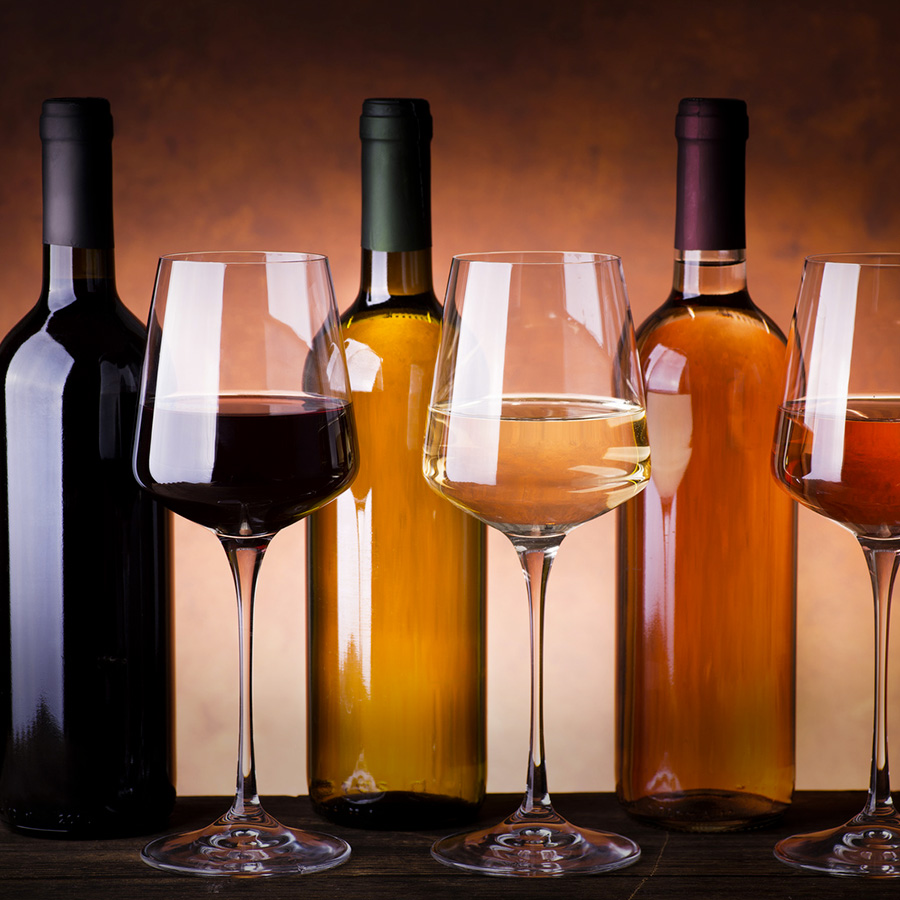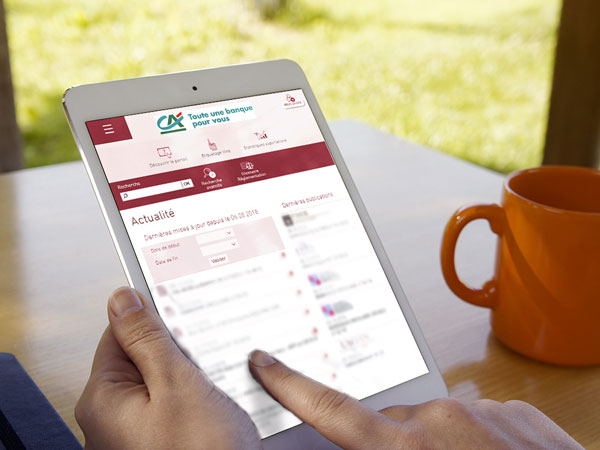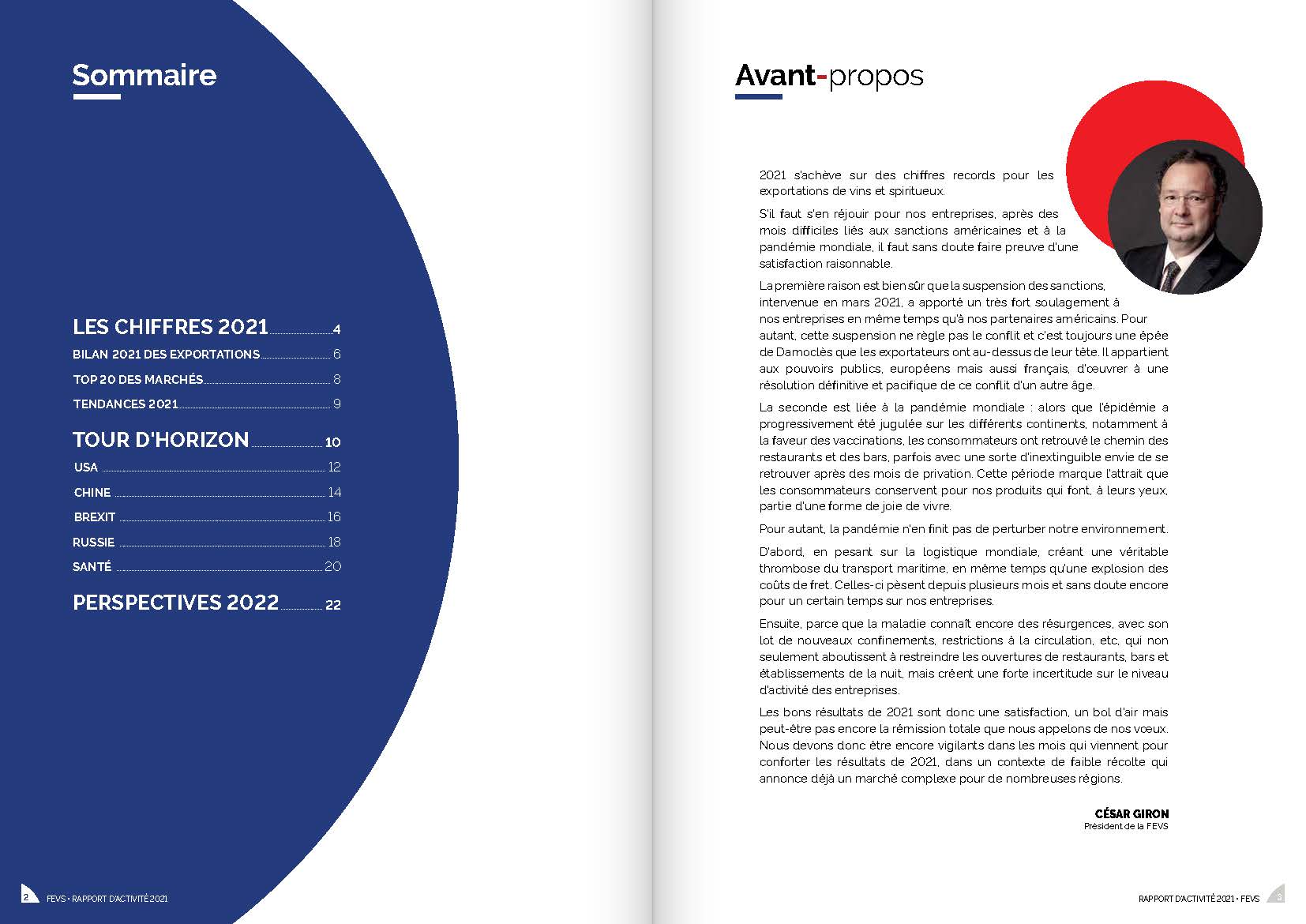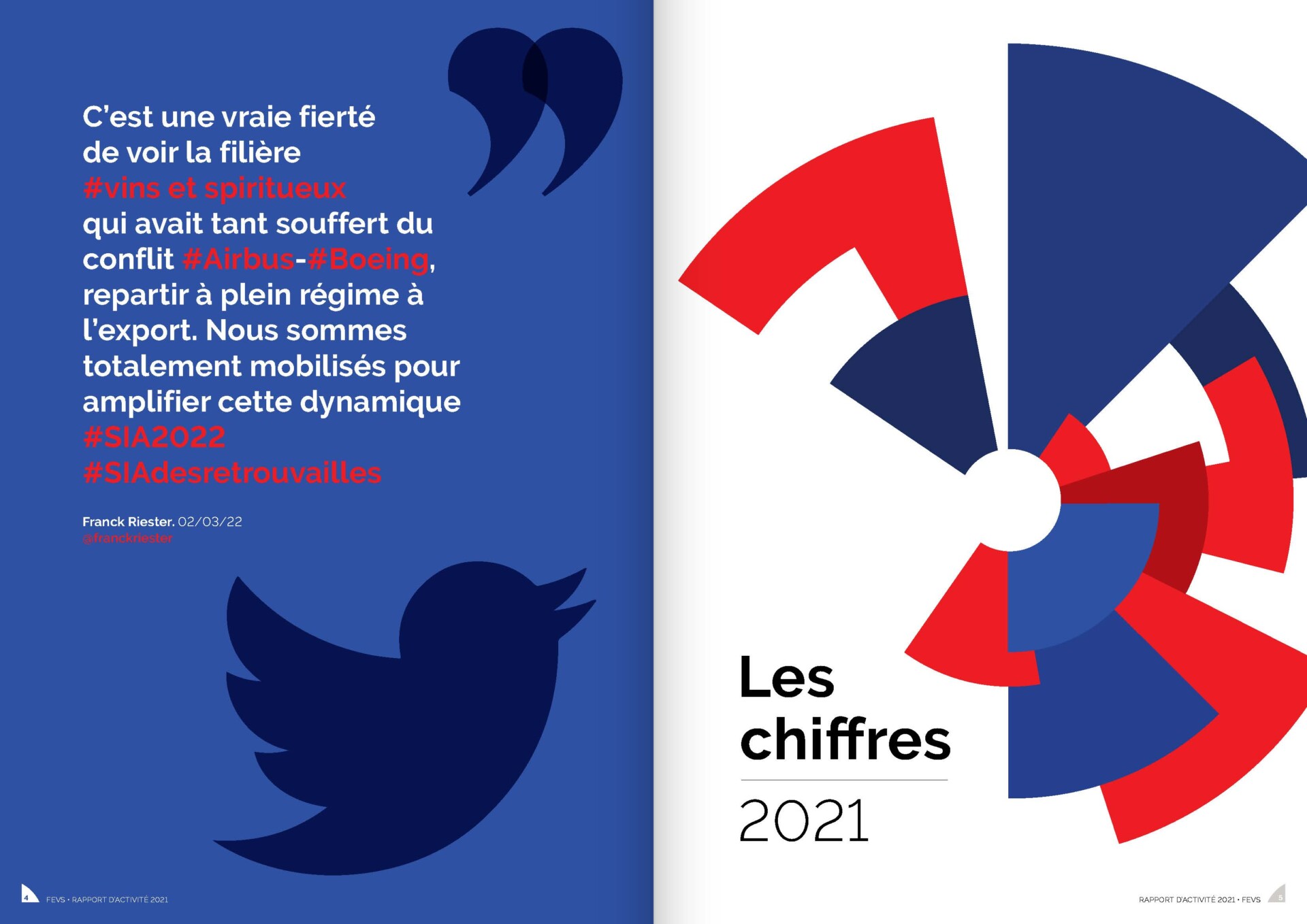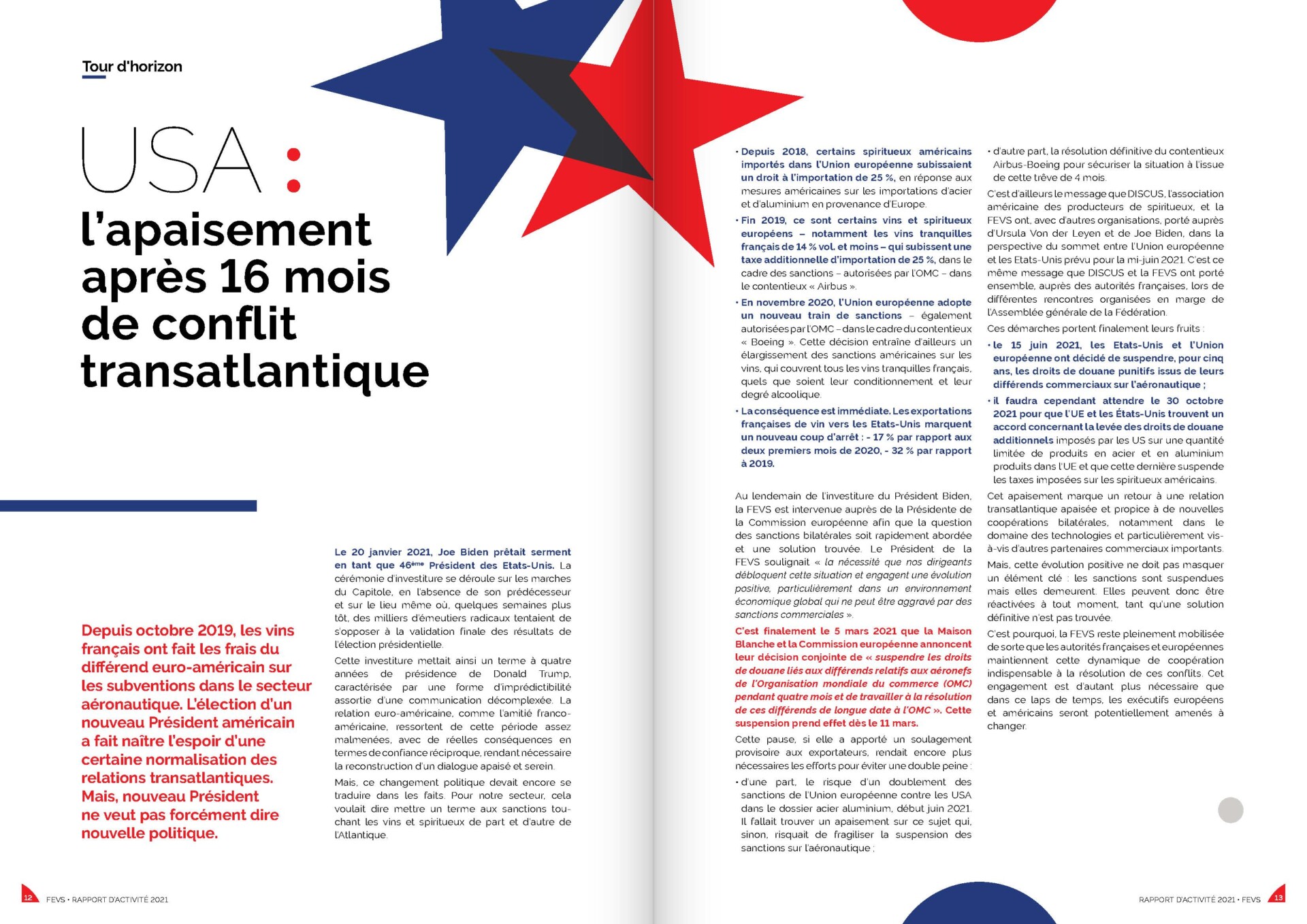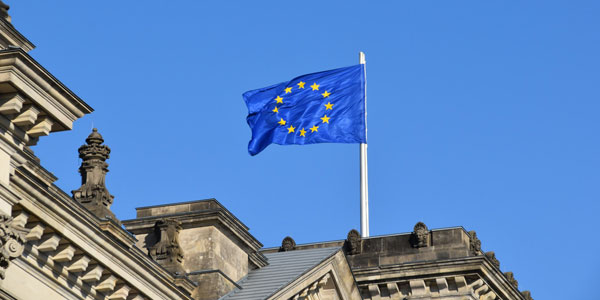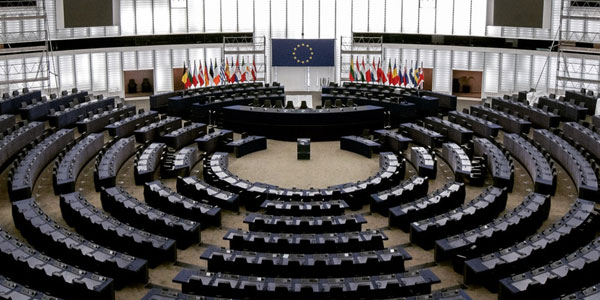FEVS develops its activities around three main missions.
1.Information
The regulatory environment of exporting companies is extremely changing, laws of the various destination countries often evolve and in extremely various domains. Therefore, having an efficient monitoring tool is a major stake for companies that are FEVS members, in order to anticipate and adapt themselves to these developments and, accordingly, avoid any disruption in trade flows.
This is the reason why FEVS developed a set of information services for its member companies.
1.1. The NETVS.org extranet site.
It offers sheets for each country that describe all regulations that apply to wines and spirits. Information is organised according to a standard frame so that it is easy to read for companies using it. Today, approx. 200 countries appeared in this database which is updated as soon as we receive a verified information.
NETVS.org- Furthermore, these sheets are enriched with background information (statistics, specific studies…) allowing users to have the most comprehensive vision as possible of the situation of a given market.
- The www.netvs.org extranet site also allows companies to have an online statistical information tool on French wine and spirit exports. This tool allows them to retrieve statistical data on specific products and particular markets interesting them, in a format they can use, in particular for comparative analyses of performances.
- Finally, member companies may find on the website the position papers related to the various foreign trade topics on which it intervenes on behalf of its members.
1.2 Information Hot-line
This online information is completed by a “Hot-line” service through which member companies may ask questions and get information or additional remarks in order to inform them.
1.3. “Echo Export”
Finally, FEVS periodically releases an electronic information letter called the “Echo Export”. This letter contains information on the economic events of the sector as well as a compilation of the latest regulatory changes, reflecting the main updates of the extranet database.
2. Professional consensus
The sector companies are competitors on markets. For all that, they all face the same difficulties when a market is closed due to very high customs duties or unjustified non-tariff barrier or when a discriminatory technical measure penalises the access to their products in a country.
Thus, FEVS offers a common work area between its member companies to reach common positions and professional consensus, based on which it shall initiate appropriate actions with public authorities.
Ad hoc working groups and the Board of directors are the preferred exchange locations to establish this professional consensus and ratify actions to be implemented.
This consensus may by formalised in the form of pronouncements that set a professional doctrine on particular points (for instance, advalorem taxation) or on specific countries, in particular in the event of commercial negotiations of trade agreements.

3. Actions
Based on the consensus defined by its Board of Directors, FEVS guarantees that these priorities are taken into account by the relevant authorities. This activity mainly develops according two approaches:
3.1. Offensive orientation:
The French of wines and spirits’ industry is a highly exporting sector. Its natural market, the European Union, is very open as customs protections were widely reduced or eliminated. Also, guaranteeing the largest access to export markets as possible is a key element for the development of these companies and their activity, including the economic and territorial dimension it covers.
Therefore, FEVS is particularly active in all trade negotiations – either bilateral or multilateral – so that the agreements thus negotiated enable to significantly improve the access of French wines and spirits to foreign markets, whether these improvements concern tarifs (customs duties in particular) or technical aspects (for instance, labelling, products’ definition).
For instance, one can cite:
- At bilateral level, the conclusion of trade agreements with South Korea, Canada or Japan
- At multilateral level, negotiations to join the World Trade Organisation and their consequences (China in particular), negotiations as part of the Doha Cycle or ad hoc agreements such as the 2016 Trade Facilitation Agreement.
Beyond these interventions, FEVS also develops, in close relation with French authorities, cooperation actions with various countries to facilitate proper understanding of issues related to wines and spirits. Thus, FEVS developed actions in the field of wine and spirits’ standards or regarding-product taxation and tracability.
3.2. Defensive orientation:
Countries often adopt rules whose aim is to strongly penalise market access for imported products. Most of the time, these barriers to trade consist in domestic taxes or particular technical rules, discriminatory or not.
To be legitimate, these regulations must comply with principles laid down, on the one hand, by the agreement on the WTO (principle of National Treatment), on the other hand, by bilateral agreements that a country or a group of countries may have signed with the European Union.
FEVS intervenes in these topics by:
- Establishing a legal analysis of the situation in order to highlight possible non-compliance with bilateral or multilateral commitments;
- Assessing the trade consequences of these barriers on the activity of its member companies, in particular in terms of decreases, even losses of market shares;
- Directly intervening with relevant authorities to assert economic stakes at issue and the interests of companies it represents.
Products may be “held hostage” as part of trade disputes or more “diffuse” boycott measures. FEVS intervenes in order to try to avoid that wines and spirits be involved in issues that do not directly concern them and that would penalise offensive actions regarding trade negotiations.
Finally, FEVS also intervenes as part of works performed within all international organisations (OECD, WHO, Codex Alimentarius …) in particular on topics related to public health stakes, to guarantee fair balance between the interests of its members in terms of international trade and objectives of these organisations.


